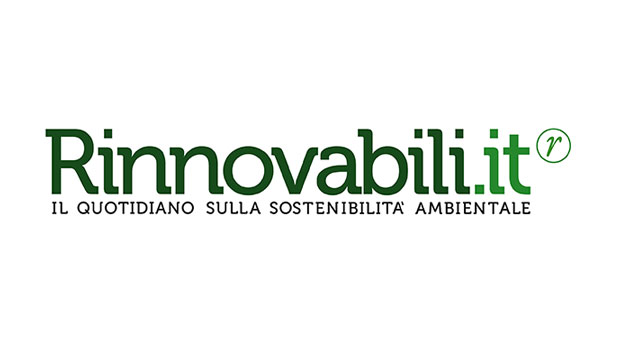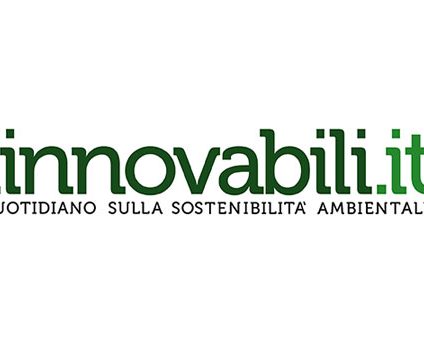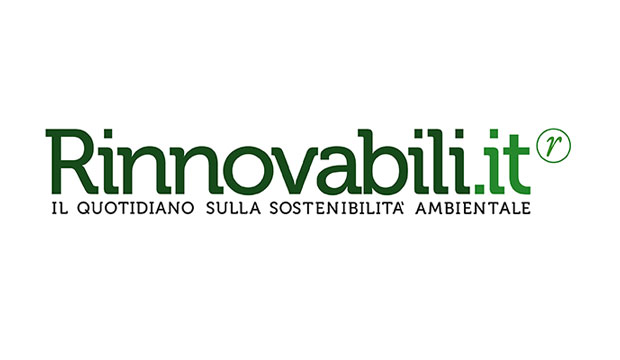
Precautionary measures against Chinese photovoltaic export, why yes?
Trade defence instruments are not precautionary measures. They are measures to ensure that producers obey the international trade rules. According to the WTO and EU rules on trade, the producers can’t use illegal practices pushing the producers from another country of the market.
The international rules are clear. Not allowed are: dumping by the producers and illegal subsidies by the governments that harm industries in other countries.
If companies engage into destructive dumping and governments offer illegal subsidies, trade defence instruments are applied in order to recreate a level playing field and ensure that all the companies play by the rules, without unfair benefits. After trade defence instruments are introduced, the Chinese products will still be sold in the EU, but at a fair price. It is now work of the European Commission to investigate into detail Chinese producers and establish what are their real production costs and what this fair price will be.
How is EU ProSu acting in this context?
EU ProSun is an initiative representing the majority of the European producers. Our goal is to recreate a level playing field and to make sure, that in the future the solar industry can benefit from international fair competition. Competition drives innovativeness and brings prices down, therefore supporters of EU ProSun asked the European Commission to investigate illegal practices of the Chinese producers.
Asian low- cost is reaching more and more commercial sectors. In this case, what will be the direct and indirect effects, due to the growing of Chinese solar market?

- Mr Milan Nitzschke, EU ProSun President
Cheap-labour countries definitely benefit from producing certain manual work-intensive products. Therefore it is cheaper to assemble low-tech goods in Asia, as the main cost of production is unqualified labour.
Solar panel show ever are high-tech. They need to be produced by the highest standards to ensure that they last for 25 years and more in often very difficult weather conditions. As in the EU the producers managed to lower costs to around 10% of the total cost, production costs of photovoltaic products in China and in Europe would be comparable if the Chinese producers wouldn’t benefit from unfair subsidies. India, another cheap-labour country is currently also considering starting an anti-dumping investigation into Chinese photovoltaic products, which shows, that it is not cheap-labour but illegal practices that makes Chinese products so cheap.
The direct effect of Chinese duping and subsidies will be full Chinese monopoly in the sector. Producers all over the world: USA, EU, India, Japan, South Korea and other countries are one by one driven out of the market. The day China gains a de facto monopoly, there will be no more competition, no more incentives to innovate, no more price competition ensuring affordability of the products. European renewable energy will become folly dependent on Chinese imports. Indirectly Chinese monopoly over solar and other technologies will harm the development of renewable energy in Europe and globally.
In the case the Commission should decide in favour of anti-dumping measures, what kind of consequences would affect European consumers ?
If trade defence measures are introduced, European producers will be able to continue research and production. EU has the world wide best research centres that contribute to the quick development of solar technology. The first solar panels were produced only 30 years ago, since then the technology improved a lot. European consumers do however not only benefit from better technology and better efficiency of solar panels, but also from an intensive cost decrease. European prices of photovoltaic products in 2012 were around 60% lower than 5 years ago. Healthy competition benefits innovation, affordability and therefore the customer. European consumers will benefit most from healthy international competition, without Chinese destructive dumping and illegal subsidies.














